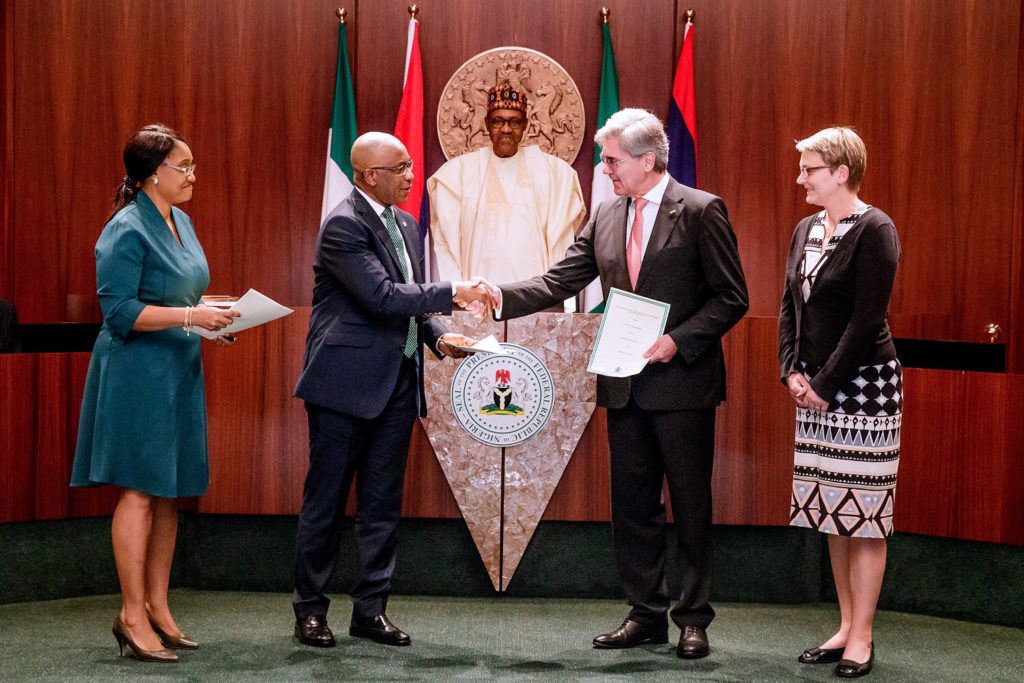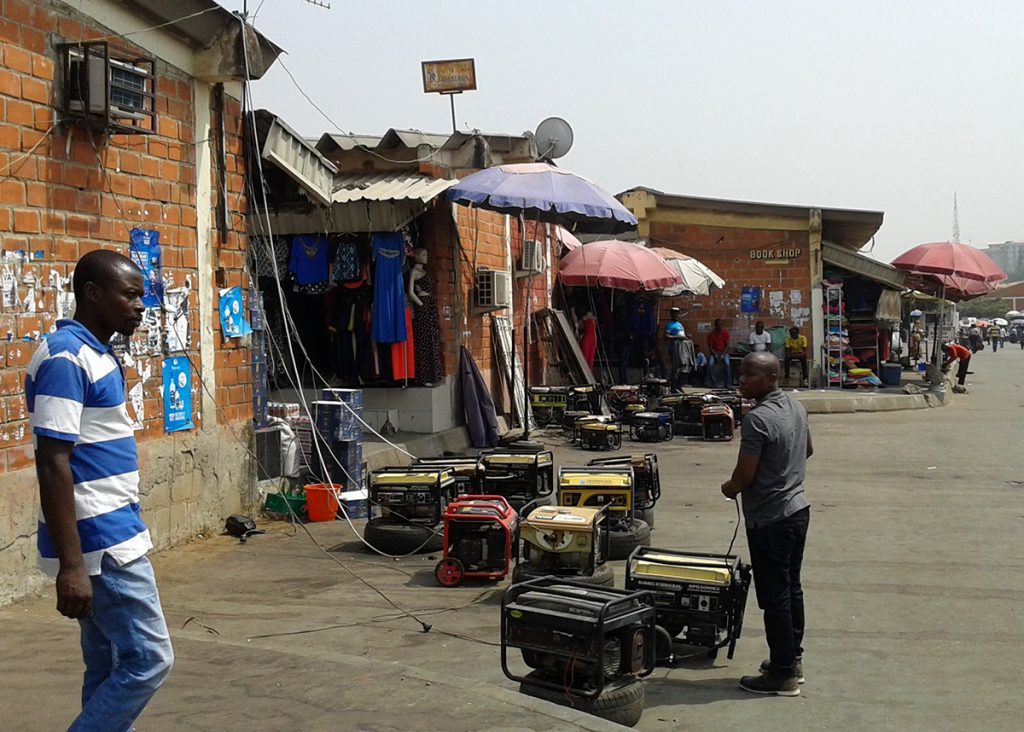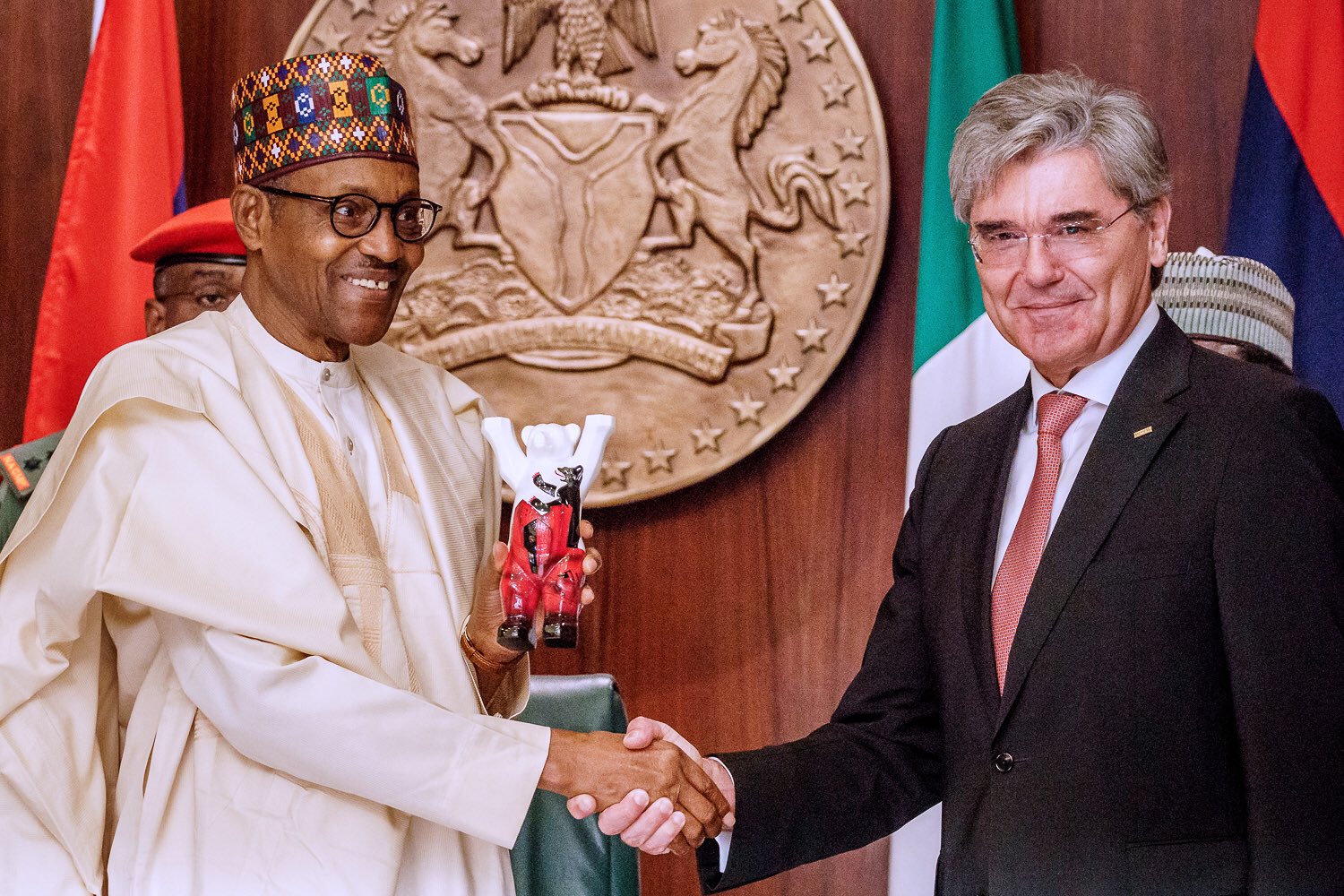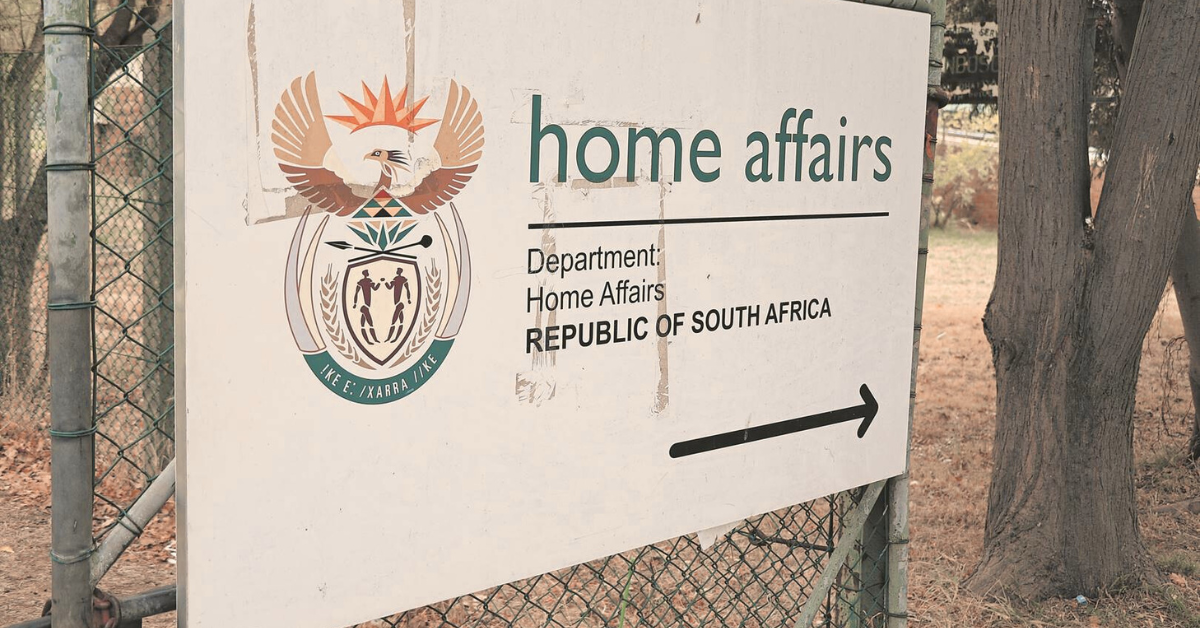The Nigerian government is eyeing 11,000 megawatts of electricity supply by 2023 after signing an agreement with German multinational company Siemens to improve the country’s erratic power supply.
The news was announced Monday after a meeting between the Nigerian President Muhammadu Buhari and the Chief Executive Officer of Siemens, Joe Kaeser in Abuja.
Under the roadmap, the German conglomerate will work with Nigeria’s power providers to modernize the country’s electricity grid and supply systems.
The roadmap is divided into four phases. Phase one and phase two of the agreement will focus on distribution and transmission issues in power supply. The country already has an installed power supply capacity of 12,522 megawatts but currently has only an average 4,000 megawatts that reach consumers.
The roadmap is setting ambitions high with a target of 7,000 megawatts in 2021, just under two years from now.
Phase three and phase four of the roadmap involves actual power generation. Under the roadmap, the country will increase the capacity of the national grid to 25,000 megawatts.

“We all know how critical electricity is to the development of any community or indeed any nation,” Buhari said at the meeting.
“Whilst we are blessed to have significant natural gas, hydro and solar resources for power generation, we are still on the journey to achieving reliable, affordable and quality electricity supply necessary for economic growth, industrialization and poverty alleviation,” he added.
Addressing this challenge of electricity generation has been a problem for Nigeria over the last two decades. In 2013, the government privatised the electricity sector in a bid to spur investments and expertise needed to develop the sector.
However, things have only marginally improved and the country continues to suffer defects in this sector. For a country with nearly 200 million people, energy generation is still below 5,000 megawatts. By comparison, South Africa produces 51,309 megawatts of electricity for its population of about 60 million people.
Since the start of 2019, Nigeria’s power supply has dropped as frequent problems with the national grid hampered power generation. By April 27, 2019, the national grid had collapsed at least six times, leading to a decline of electricity generation from 4,338 megawatts to 2,919 megawatts.

Businesses and homes in Nigeria often rely on generators that run on costly fuel generators to make up for the lack of regular power supply that often hobbles growth in Africa’s largest economy.
But the Nigerian government is hoping to tackle its electrical problems through this new partnership with Siemens.
Though the market has been privatised, the president said government intervention was supported by stakeholders in the power industry.
“This project will not be the solution to all our problems in the power sector,” Buhari admitted.
“However, I am confident that it has the potential to address a significant amount of the challenges we have faced for decades.”
The meeting was facilitated by a 2018 meeting between Buhari and German Chancellor Angela Merkel in Abuja.
“In my meeting with Chancellor Merkel last year here in Abuja, we were clear that fixing the power sector was a key priority for this administration,” Buhari said.




















